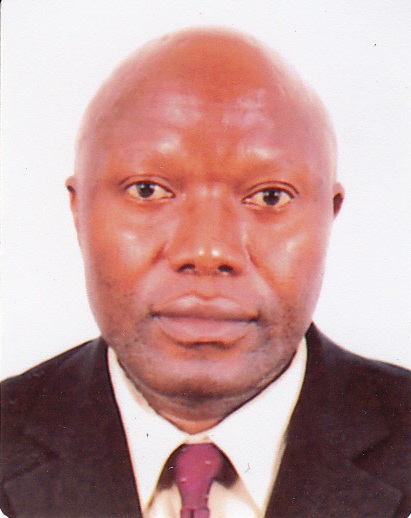On Thursday, August 3, 2023, the National Mechanism for the Safety of Journalists (NMSJ) in Uganda in conjunction with the national commission for UNESCO convened a one-day workshop in Kampala.
The interactive workshop was held at the Uganda National Cultural Centre (UNCC) – widely known by many as the National Theater.
The workshop was an opportunity for journalists, victims and perpetrators of crimes against journalists to be sensitized on the NMSJ – further using the gathering to build national capacity to promote the safety of journalists and to mitigate issues of impunity for crimes committed against journalists.
Later after the workshop, our subsidiary publication TND News joined other members of the press and interviewed Stephen Ouma Bwire – General Secretary at Uganda Journalists Union (UJU) – the main convener of the event.
On the available gaps and the relations between the media and police
One of the key stakeholders under the Uganda National Mechanism of Safety of Journalists in the country, we have been holding a workshop at National Theater as part and parcel of the programmes that are aimed at dialoguing between stakeholders and the National Mechanism of the Safety of Journalists. The aims of this are one, to put a mechanism for the prevention of crime against journalists. Two, create an avenue through which you can promote access to information and the safety of journalists in the country.
Then the last part of this dialogue is to create dialogue that will ensure that perpetrators of crime against journalists are apprehended and prosecuted. We came up with this concept as part of the Global National Mechanism that originates from Paris under UNESCO International that organized a regional conference for journalists and other stakeholders that include the legislators, the judiciary and all key stakeholders both local and international – NGOs, Civil Society, the legal profession, training institutions of journalism but the aim of all these is to ensure that journalists work under a conducive atmosphere that is free, journalists have access to information, that they are protected, that crimes against them are minimized and impunity is ended.
Uganda is one of the countries that are a signatory to the Convention that protects human rights and freedom and access to information. So, it is aimed that at the end of tomorrow (Friday), we shall be organizing another conference for key stakeholders that aim to discuss the progress made since 2017 when this concept was mooted and the impediments we have encountered, especially the challenges during the Covid-19 pandemic then work out the way forward that can ensure we continue to dialogue.
As you know Uganda has had a bad experience as far as free freedom is concerned and the safety of journalists is a key component that has hindered the flow of information in the country. It is something that the media has been crying about and saying that ‘we need to work with media owners and editors to convince the government that actually a free press is also essential in the promotion of development in Uganda’.
On what journalists should do to safeguard themselves
One of the key challenges the media faces today is the lack of proper identification. We are appealing to media owners and editors to provide identifications for the journalists so that when you are in the field they are clearly identifiable so that the security agencies that come into contact with journalists can accredit them or allow them to cover events, especially during elections where the situation or atmosphere is very unsafe for the media.
Two, journalists also have been facing other challenges. For instance, some journalists are partisans. They would like to cover elections or campaigns when they have their own political affiliations. We as players in the safety of journalists are appealing to them – ‘declare your conflict of interest early enough’ so that when you are covering a politician or a political party, he or she knows that you belong to a political party X.
Do not come as a political activist, then when you have been beaten or in trouble from the rowdy crowd is when you say you were attending that event as a journalist – declare that you are a member of that political party so that you cover it when you are well known – Ouma.
Another thing is the media should also be very careful with online security. Most journalists keep on changing their status: ‘Now I have arrived in Addis Ababa, I am now going to Entebbe to board the plane’. The media should not assume that they are friends of everybody – society may not be friendly with you especially if you have been covering articles or stories that injure some members of the society.
So, if you know that you are an investigative journalist don’t be predictable, don’t be so obvious that you can move on the same route, same time from the media house to home.
Then another thing is that media owners should also protect journalists by paying them. The reason why journalists request lifts from politicians and business entrepreneurs is because journalists are too poor to afford even pay for their own transport to move from their media house or home to the field. Then also we want journalists to be more objective. Detach political affiliations from the story. Do not be part of the story – there is no story which is worth your life.
On Police orders
If the police have told you to move in direction A; move to the left or the right, move. Do not go to the opposite side where teargas is being unleashed but after you have been beaten or been injured by teargas canisters is when you say “Police did not protective you”.
Ahead of the 2026 elections, what specific interventions or support is the Union going to offer to journalists across the country?
Read full interview here.


